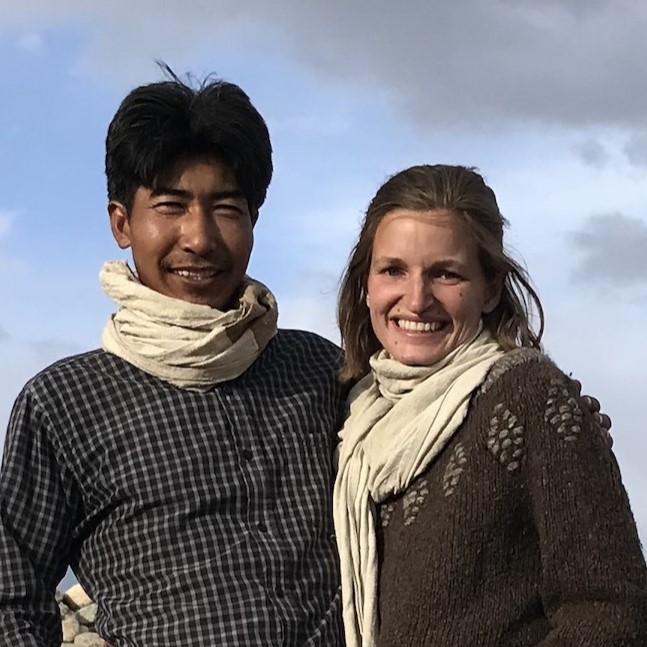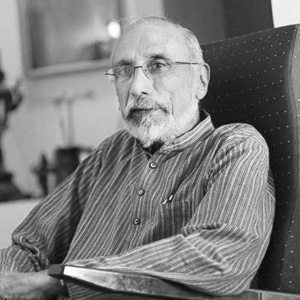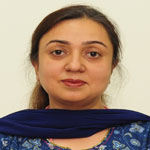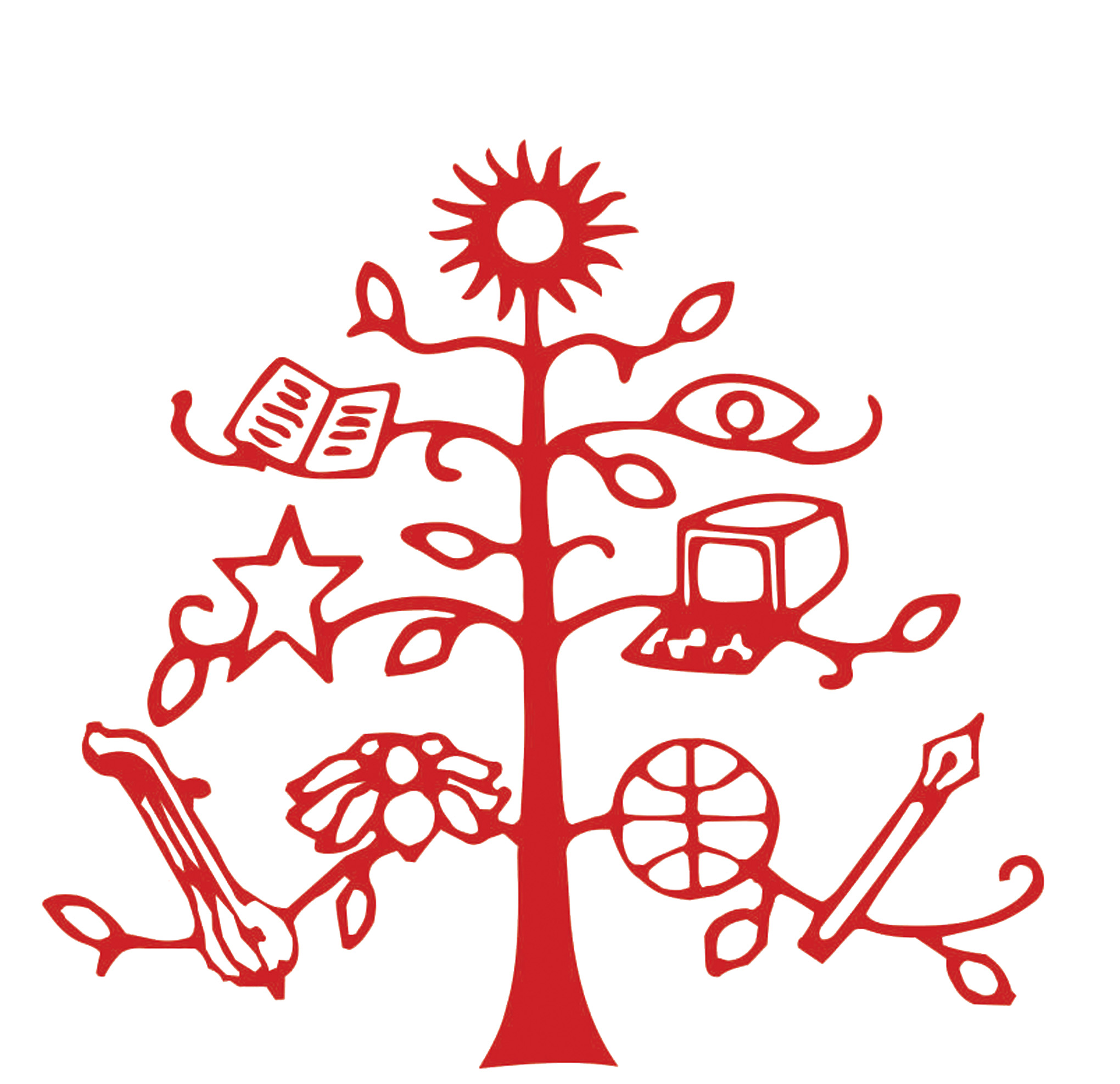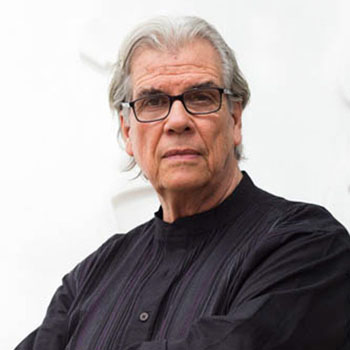JOURNAL ARCHIVE
Dr. Shernaz Cama has been teaching at Delhi University since 1983 and has been Head, Department of English at Lady Shri Ram College. She has worked on Blake and Zoroastrianism, for her PhD researches at the British Museum and the School of Oriental and African Studies in London. She writes for academic journals and magazines and has been a Resource Person for the Centre for Professional Development in Higher Education, giving lectures at various Universities under this scheme. She has written several books on Blake as well as on Zoroastrian topics and guided senior scholars in research projects. On the invitation of UNESCO Dr. Cama initiated a Project on the Preservation and Promotion of Parsi Zoroastrian Culture and Heritage (Parzor). As Honorary Director of this Project she has recorded Oral Traditions and creating awareness of the rich culture and heritage of this community. She has produced three movies under the project. Dr. Cama has also headed an international six country multinational candidature for the UNESCO award "Masterpieces of the Oral and Intangible Heritage of Humanity", called "Asha: the Law of Harmony - A Study of Environmental Consciousness in Zoroastrian Rituals". Dr. Cama was the Indian Representative for the Navroze multinational candidature file, headed by Iran, which has been declared a Masterpiece of the Oral and Intangible Heritage of Humanity in 2009. Dr. Cama has been awarded the Mazda Education Foundation Award and Mancherji Edalji Joshi Memorial Award for Outstanding Contribution to the Zoroastrian community. She is the Parsi representative for India on the Board of the International interfaith movement, The Temple of Understanding.
Aarti Chandra has done her graduation in English from Delhi University followed by a diploma in Public Relations and Advertising. She has worked as a Manager (Promotions) for a well-known cosmetic group. Presently she freelances as a copy editor of educational books for a reputed publishing house.
Professor Ashoke Chatterjee received his education at Woodstock School (Mussoorie), St Stephen’s College and Miami University (Ohio). He has a background in the engineering industry, international civil service, India Tourism Development Corporation (ITDC), and 25 years in the service of the National Institute of Design (NID, Ahmedabad) where he was Executive Director, Senior Faculty, Distinguished Fellow and Professor of communication and management. He has served a range of development institutions in India and overseas, particularly in the sectors of drinking water, sanitation, disability, livelihoods and education as well as working with artisans in many parts of the country. He was Hon President of the Crafts Council of India for over twenty years and continues to serve CCI. He has been on the board of Aid to Artisans (ATA) in the USA. An author and writer, his books include “Dances of the Golden Hall” on the art of Shanta Rao and “Rising” on empowerment efforts among deprived communities in rural Gujarat. Professor Chatterjee continues to assist design education in India and overseas.
Professor Chatterjee’s association with artisans and the craft sector began during his career with the ITDC, where he helped integrate craft into India’s tourism strategies. During his years at NID, he participated with design teams working throughout India to assist artisans in the transition between traditional and contemporary markets, as well as in efforts at sustainable livelihoods through hand production. With colleagues from NID and the Indian Institute of Management (Ahmedabad), Ashoke Chatterjee contributed to the pioneering Artisans Alliance of Jawaja (AAJ), an association which has continued for almost four decades in a path-breaking experiment toward self-reliance and dignity for communities challenged by discrimination and competition. With CCI and its network throughout India, he has helped pilot a major effort with the Government of India on the understanding of the economics of India’s craft sector, the nation’s second largest source of livelihood after agriculture and yet seriously neglected as an engine of growth. Advocacy for artisans and the critical importance of their sector to national wellbeing now engages much of Professor Chatterjee’s time and attention.
Moe Chiba is presently Chief of Culture Unit at UNESCO Jakarta office for Brunei Darussalam, Indonesia, Philippines, Malaysia and Timor Leste since 2018. She joined UNESCO HQ in 2000 and began her career in the Division of Creative Industry and subsequently in the Division of Cultural Policies in charge of developing a new international convention of UNESCO on the diversity of cultural content and artistic expressions. After moving to UNESCO New Delhi office for South Asia in 2006 where poverty remains a rampant national issue, her focus has shifted on mainstreaming culture into development process. Some of her main areas of work then include heritage-based urban development, culture for rural livelihood and participation of persons with disabilities in cultural life. Moving to Jakarta, she continues her passion for culture-based development, and coordinates projects such as disaster risk reduction of heritage, promotion of youth entrepreneurs around heritage sites, and cultural landscape management.
Chowdhury, Ruhee Das, Assistant Professor, National Institute of Fashion Technology, Kolkatta, has hands on experience in industry as a designer. Keenly interested in surface techniques on textiles she started learning embroidery at the age of eight. Her interests have deepened and she has now mastered over 100 stitches ranging from Indian to international ones. As one of the final contestants for the Lakme Fashion House, she studied Fashion at NIFT. She is currently researching traditional needle crafts and working on a book on Kantha.
Ruth Clifford is currently a PhD candidate at Nottingham Trent University (NTU). She was awarded a 3-year Vice Chancellor’s scholarship in 2014 to pursue her research into design and business education for artisans in India, with a specific focus on handloom weaving. She studied Textiles at Manchester Metropolitan University, gaining a BA Hons in 2006 and an MA in 2012. Her MA work with ajrakh printers in Kachchh district, Gujarat, earned her the Textile Society Critical Writing Award in 2012 and was published in Text, vol. 40. During her MA fieldwork she was introduced to Kala Raksha Vidhyalaya (KRV), a non-governmental organisation in Kachchh that offers design and business education to artisans - the project along with The Handloom School (THS) in Maheshwar, Madhya Pradesh became the focus of her PhD research. Through case studies of Somaiya Kala Vidya (which evolved out of KRV) and THS she analysed the different strategies employed to nurture innovation in the handloom sector and to make weaving a viable occupation economically, as well as in terms of individual aspiration. She submitted her thesis in September 2018. Ruth Clifford teaches part-time at NTU on a core undergraduate module, Design Culture and Context. She also writes a blog on her experiences of visiting craft communities, as well as interviews and reviews.
At the Craft Revival Trust, we believe that access to knowledge through mapping and documentation is the basis of safeguarding the intangible heritage of crafts, textiles, folk and tribal arts and the oral knowledge systems that support them. Launched in 1999, the web portal www.craftrevival.org, contains a constantly expanding Encyclopedia featuring information on the makers, the techniques, processes and vocabulary of the intangible cultural heritage of South Asia. The encyclopedia also provides a listing of museums and organisations dedicated to the conservation and promotion of this sector, case studies of prior experiments in cultural and socio-economic development, a bibliography, and a glossary of terms, useful links, amongst many other features (see links above and on right). Today, www.craftrevival.org is the largest available archive of its kind both online and otherwise.
Mitchell S. Crites, an American art historian, has lived, researched and worked in India and across the Islamic world for more than forty-five years. His primary focus has been the revival of traditional South Asian and Islamic arts and crafts. Over the years, he has coordinated a number of prestigious art and architectural projects including the palatial mansions of Sir James Goldsmith in Mexico and Shri Lakshmi Mittal in London as well as the Sheikh Zayed Grand Mosque in Abu Dhabi and the restoration of the historic Jal Mahal Water Palace in Jaipur. These projects have given work to more than eight thousand master artists, carvers, inlay artisans and calligraphers. Crites writes and lectures regularly on the revival of traditional arts and crafts. He also serves as senior cultural advisor to the Turquoise Mountain Institute in Kabul for the revival of traditional Afghan arts and crafts.

